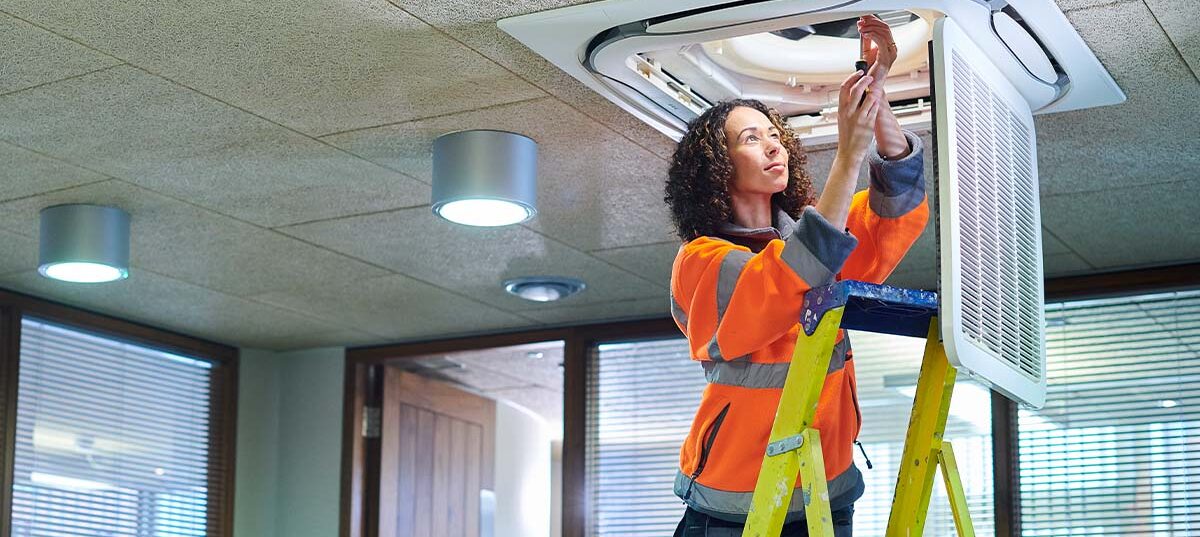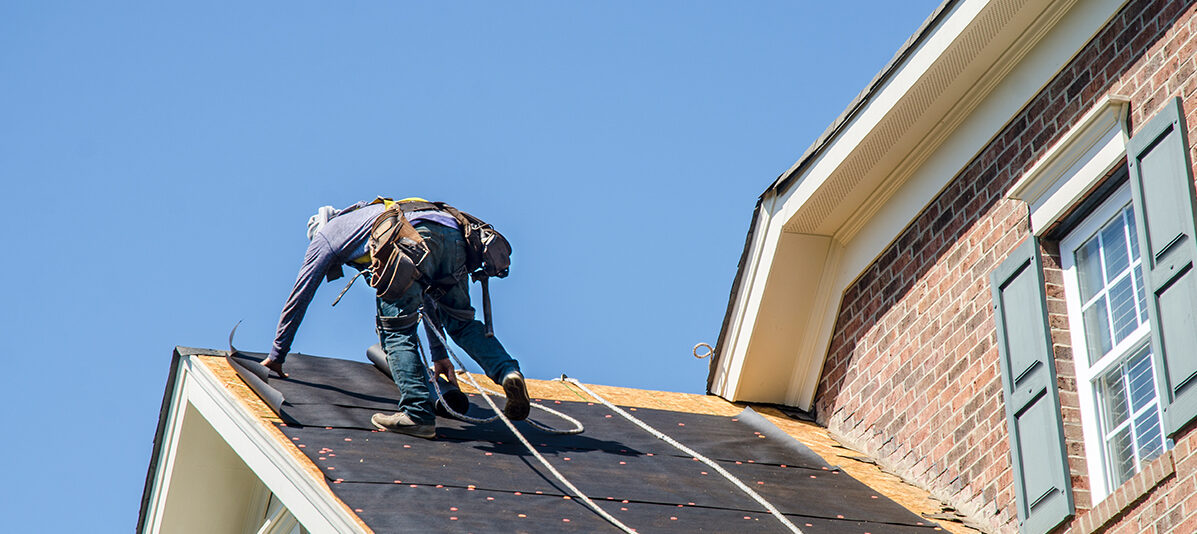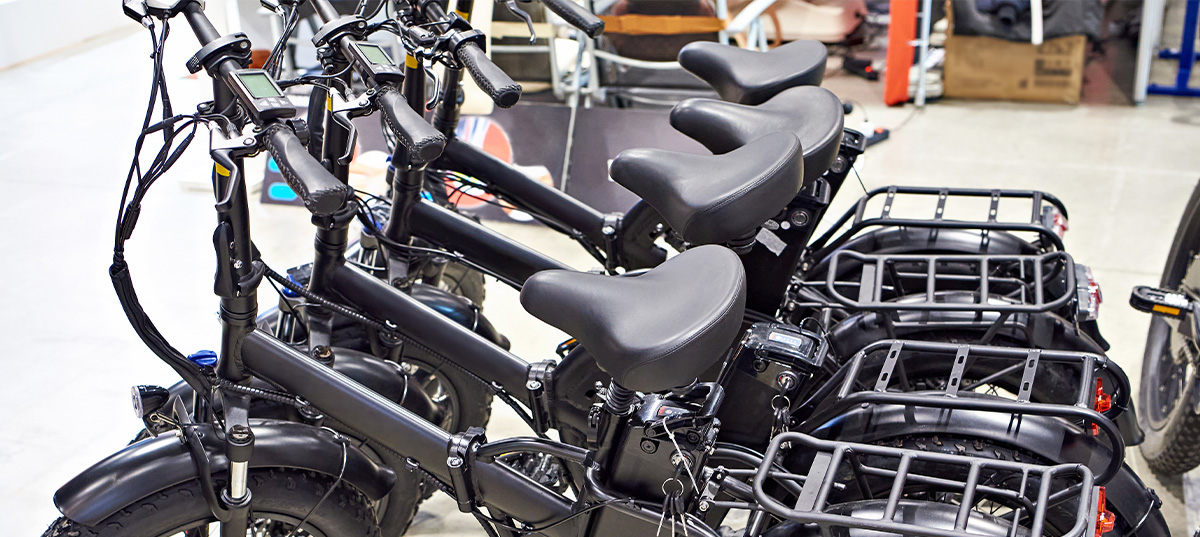We all know that a home is an asset and investment. Unlike purchasing a car which loses its value once it is taken off the lot, a home will typically increase in value over time. Purchasing a commercial building yields an even higher return on investment than a residential property. It also brings forth more potential hazards that can result in significant loss or damage, so greater attention must be paid to reduce the chance of these losses occurring.
Know your tenant
Understanding the tenant’s operations will help to evaluate the potential exposures they pose to the building as well as what fire protection may be necessary to prevent or eliminate certain damages.
Examples include a remotely-monitored sprinkler system covering 100% of the area so that, in the event of a fire or sprinkler pipe burst, the alarm will sound off-site to notify the owner immediately. It’s also important that the sprinkler system is maintained regularly by an insured and qualified contractor.
The same applies to fire extinguishers. Not only is it important to have enough fire extinguishers throughout the building, but it is also key to have the proper type of extinguishing system in place and inspected annually.
Just like your personal residence, proper and ongoing maintenance is required. The building’s heating, electrical, plumbing and roof must all be checked and updated regularly with any deficiencies corrected immediately.
Understanding the tenant’s operations will help to evaluate the potential exposures they pose to the building as well as what fire protection may be necessary to prevent or eliminate certain damages.
Protect yourself from liabilities
Year-round exterior maintenance is also required. Slips, trips, and falls can occur in any season on any given day. Insufficient lighting, uneven surfaces, cracks, potholes, excess debris are all potential hazards. In the winter, proper snow removal practices should be in place including but not limited to proper snow clearing and salting of all parking and walkway areas, and keeping daily maintenance logs. Many building owners subcontract out their property maintenance. A written agreement with a property maintenance contractor should include proof of insurance and the requirement to be named an additional insured. This protects you from any losses that would be a result of the negligence of the contractor due to improper maintenance.
This applies to your tenants as well—all tenants should have written lease agreements in place that clearly state that proof of insurance is required and that you as the landlord/building owner should be added as an Additional Insured. Proof of insurance should be requested of your tenants annually to protect you from any negligence on their part.
For information on insuring your commercial property with Unica Insurance, speak to your Broker.



